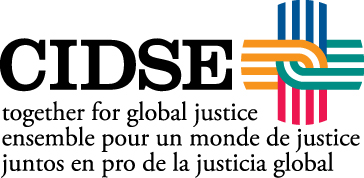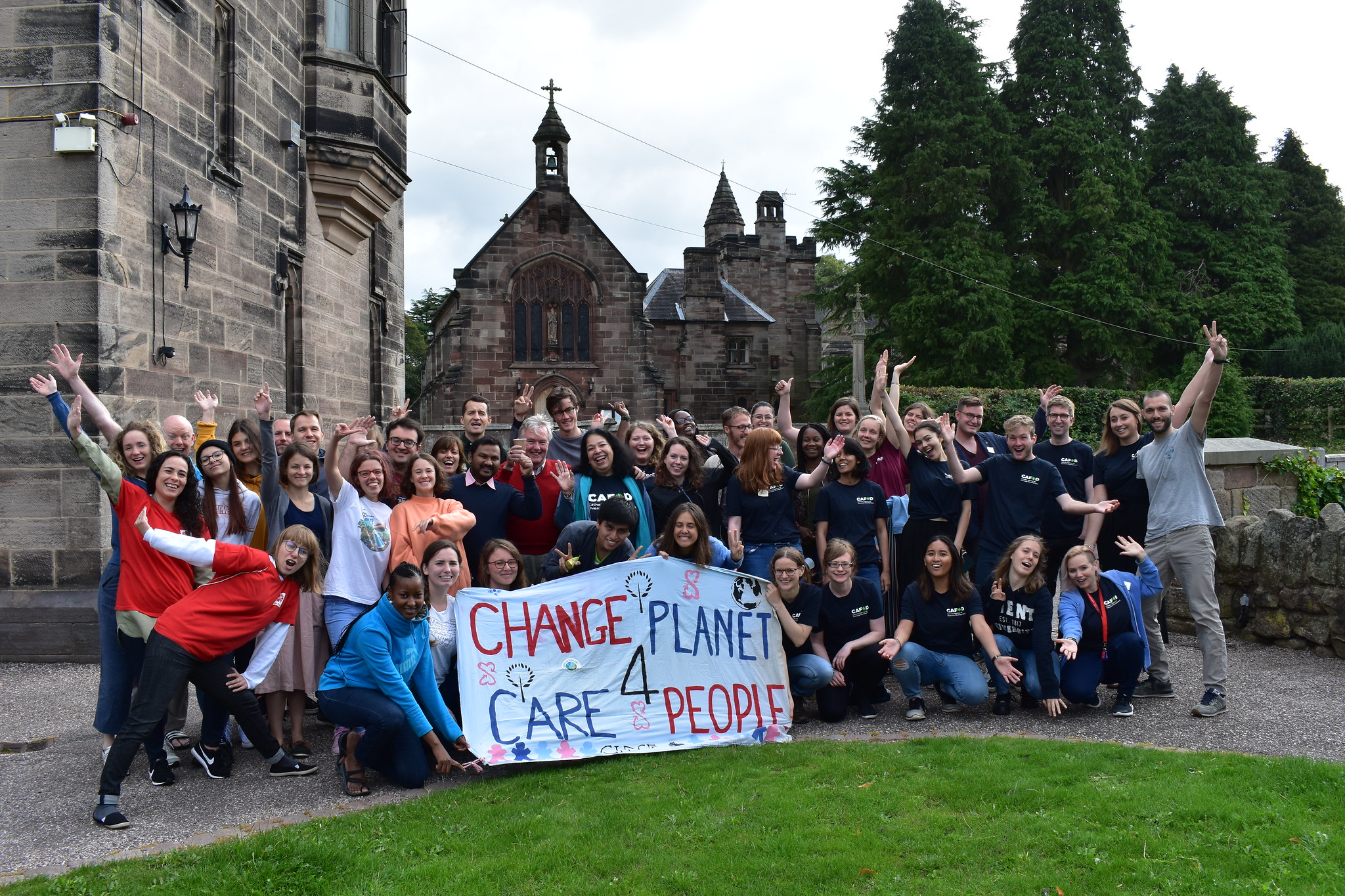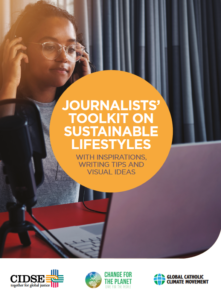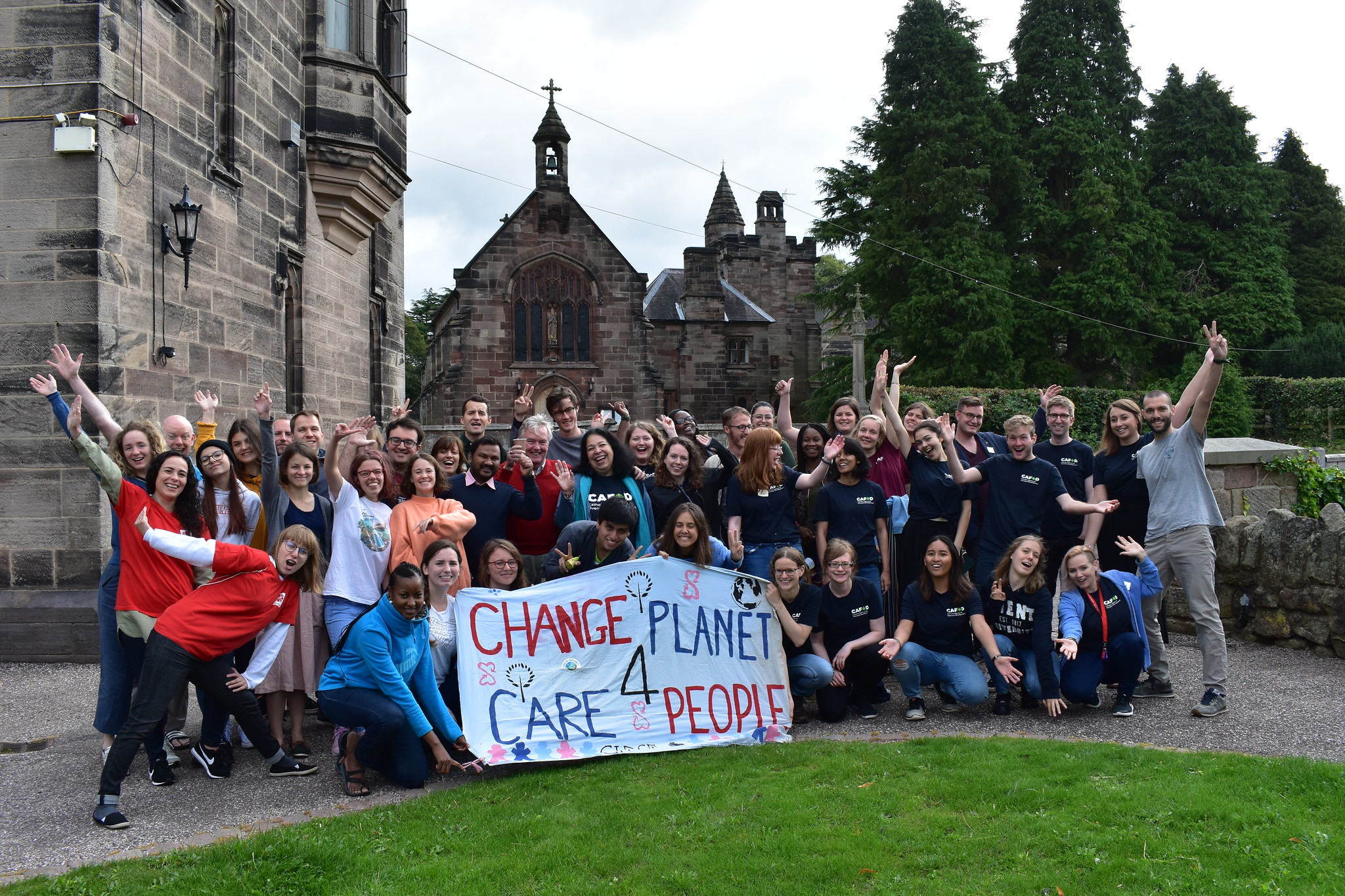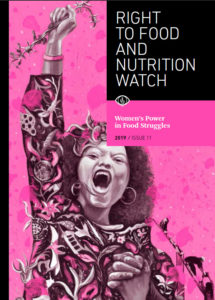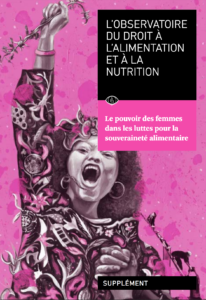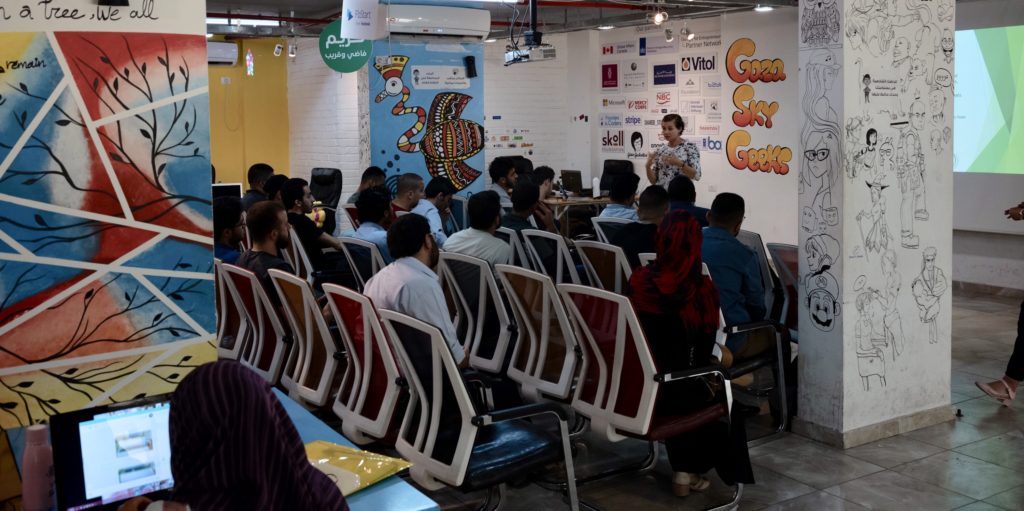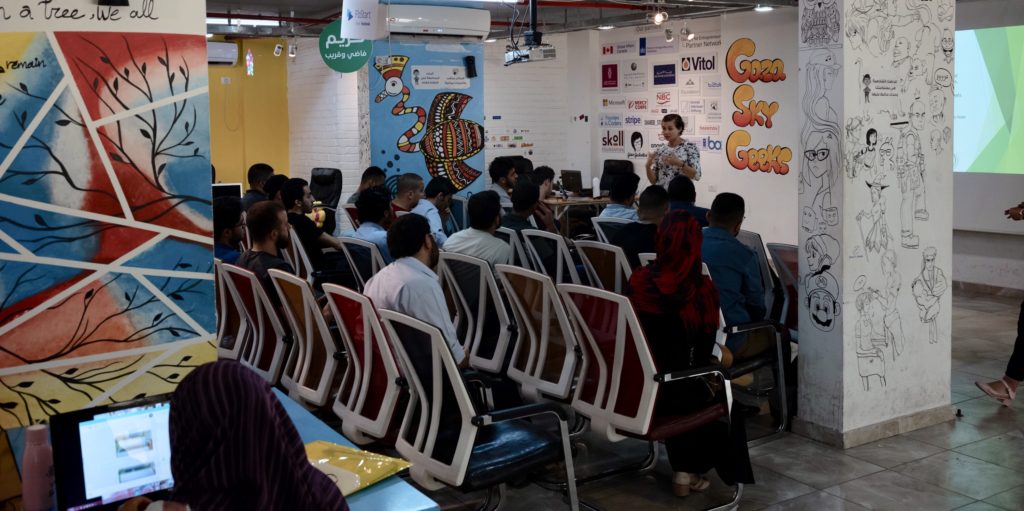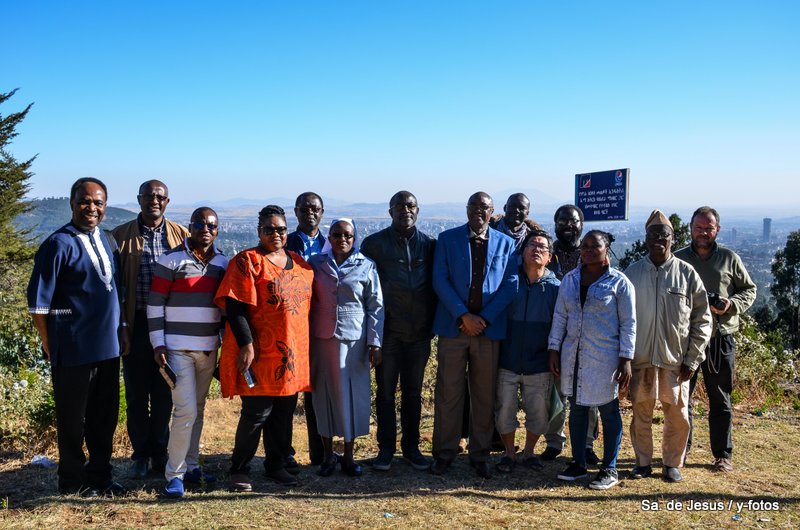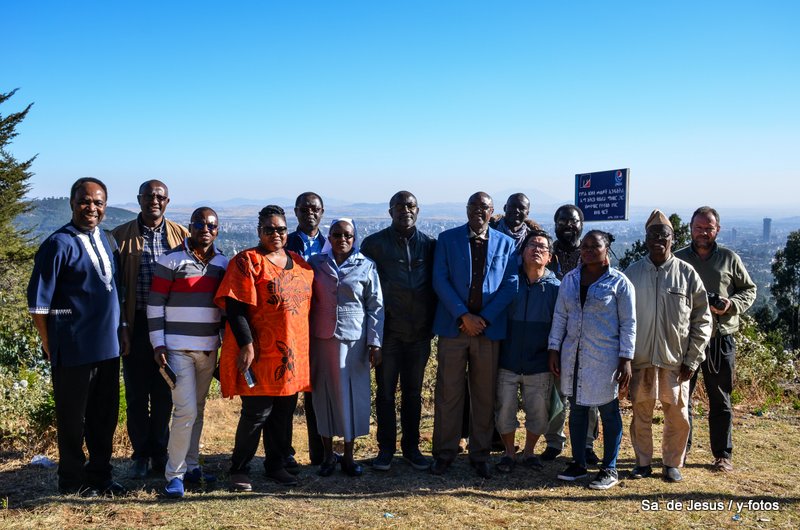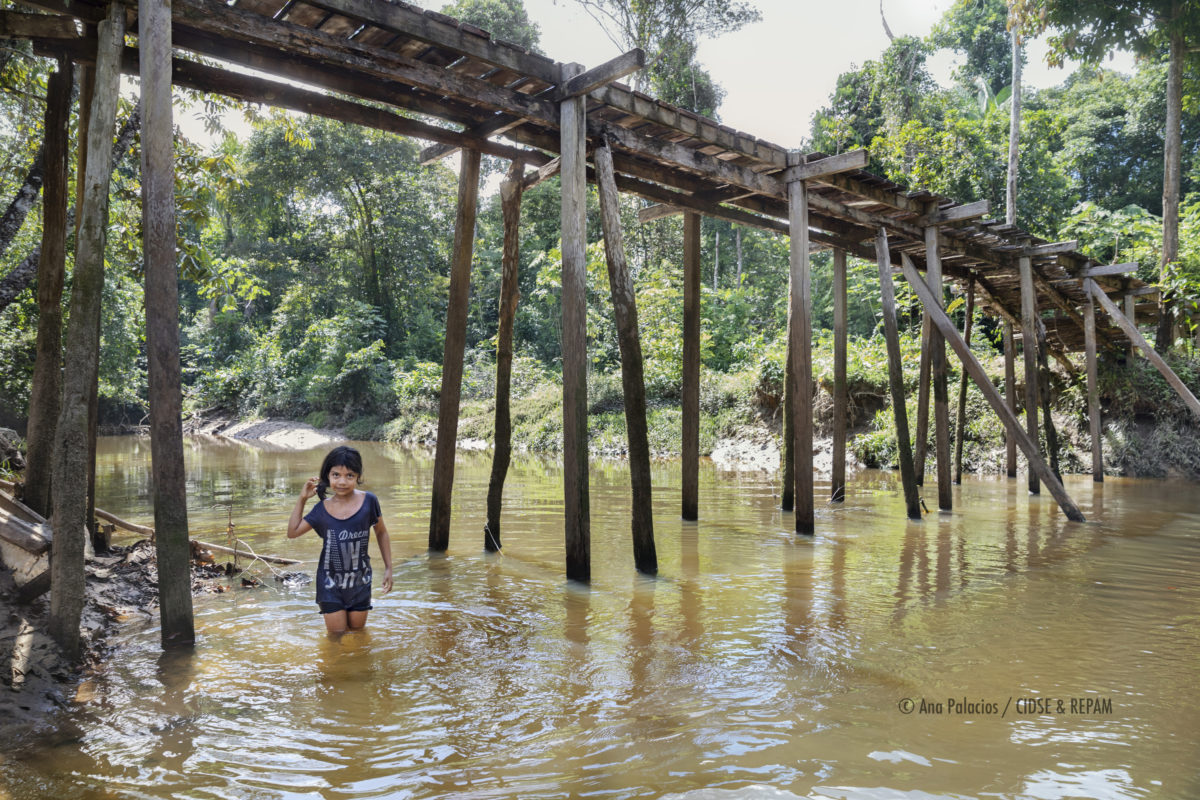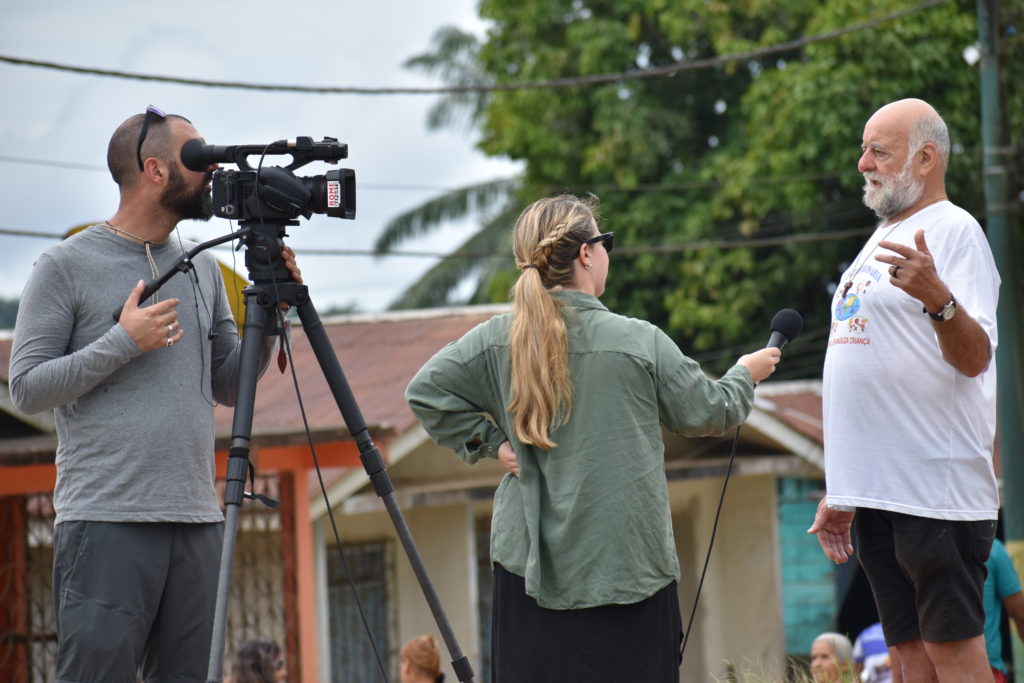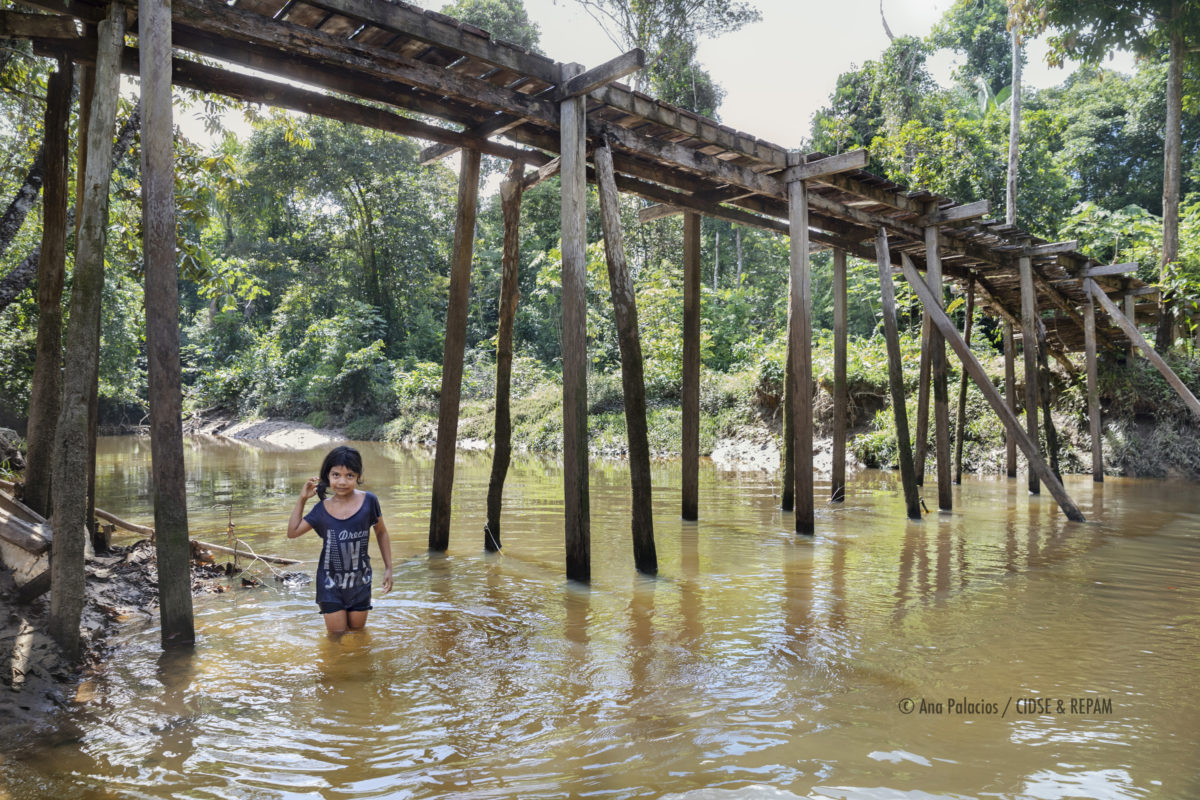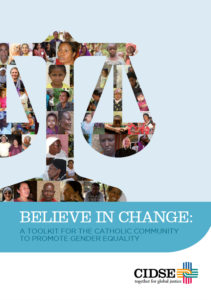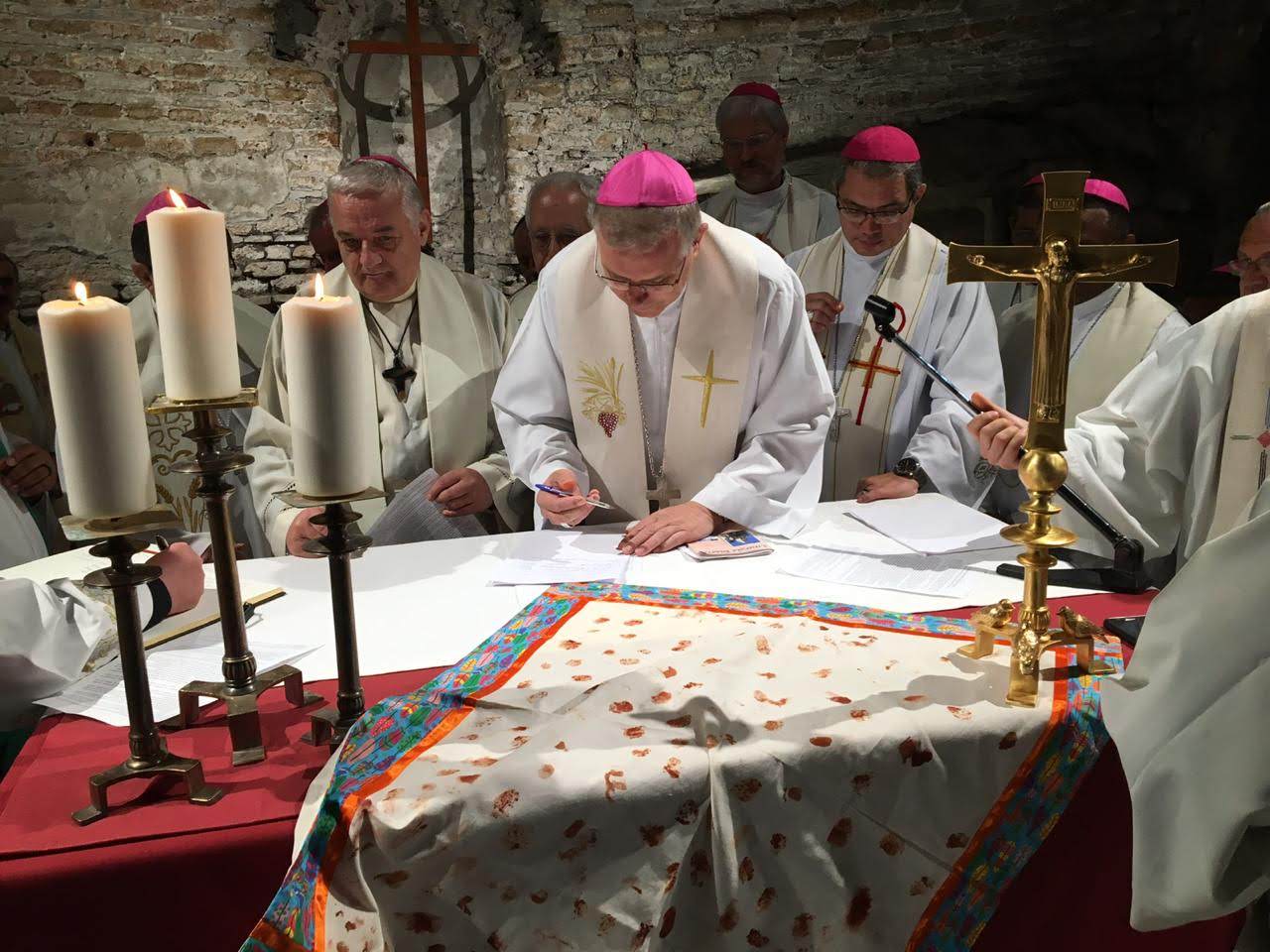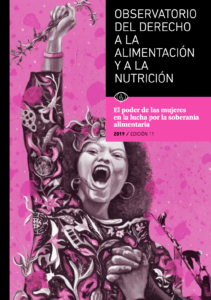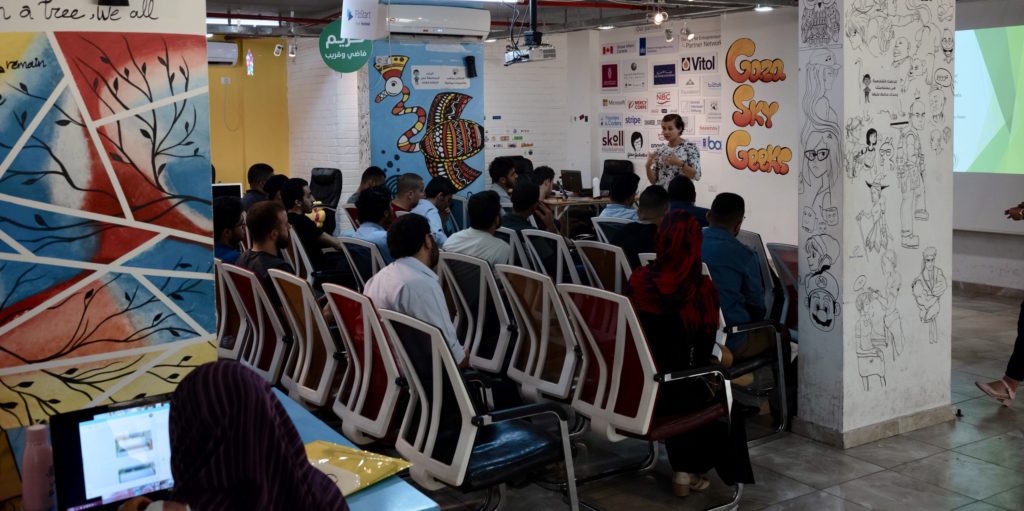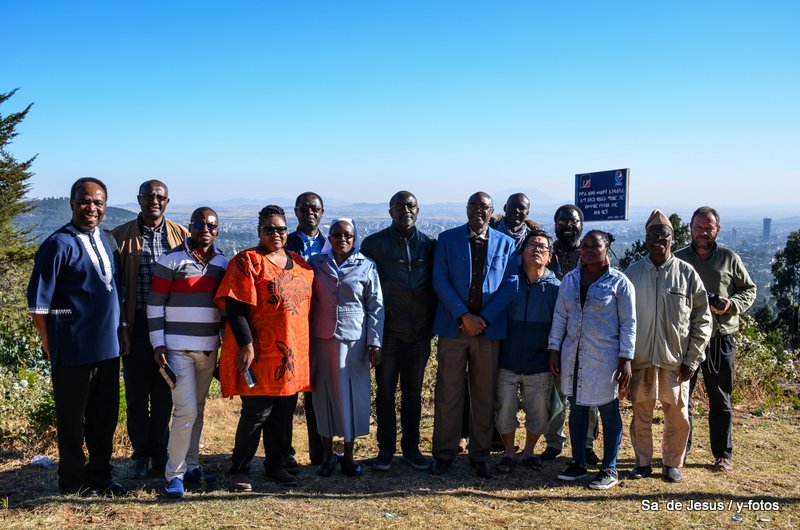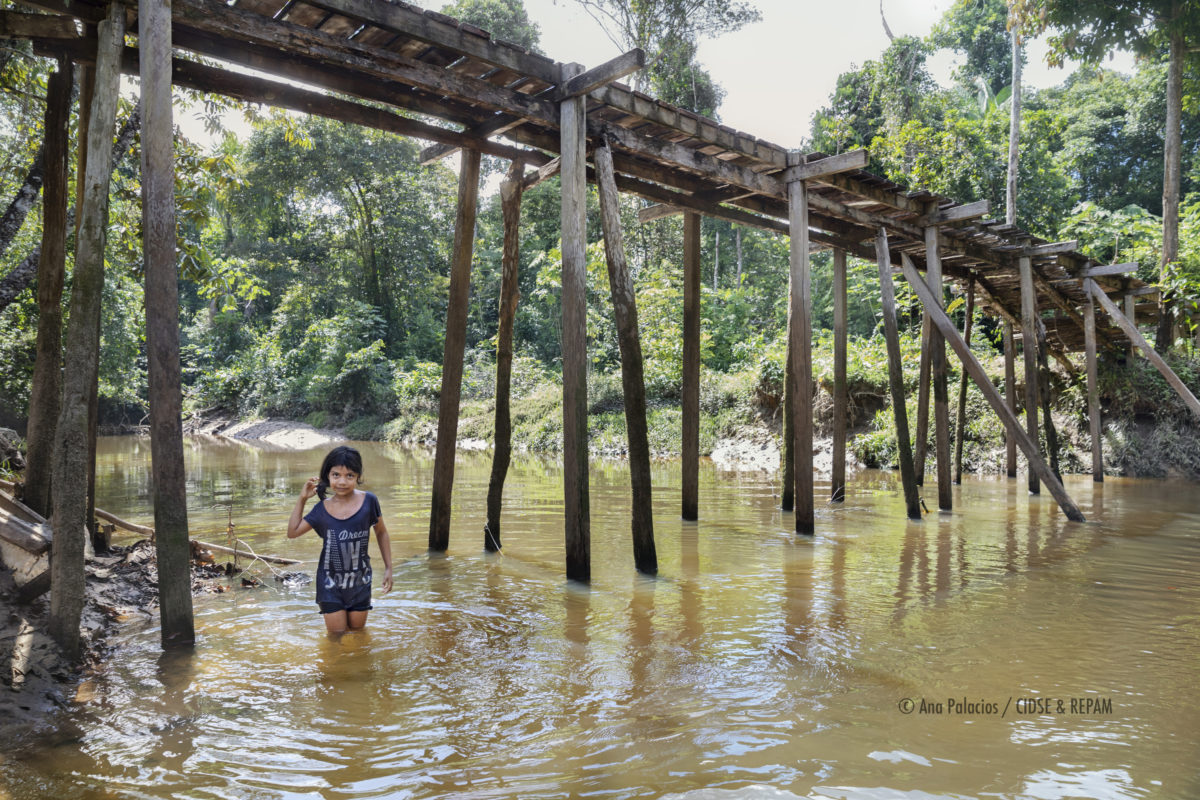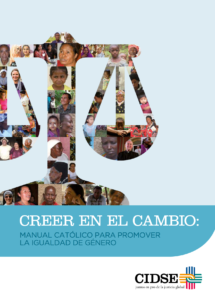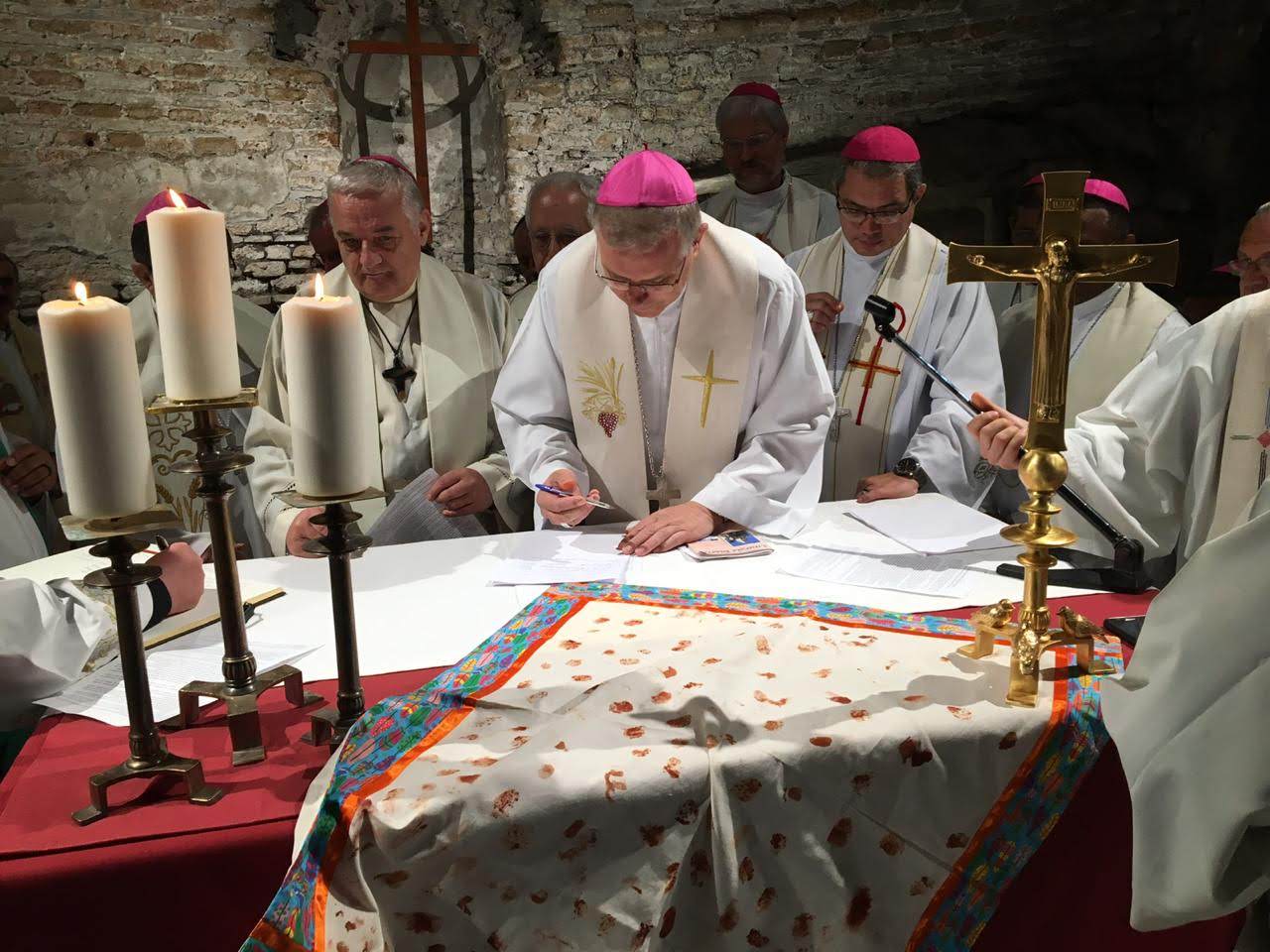Annual Report
2019Foreword
from the President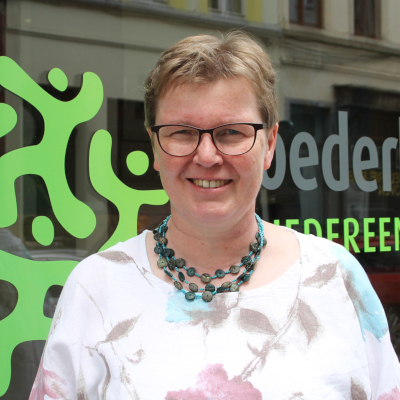
© Broederlijk Delen
I had the pleasure of beginning my role as CIDSE President at the start of an incredible year. Youths blocked the streets to demand their future in the face of the climate emergency and the church convened a historical Synodal process to listen to, learn from, and defend the Amazon as a key source of life on this planet.
A major shift happened in CIDSE senior leadership. My election as the first female president, and the appointment of other women directors inspired a video of interviews on gender equality in leadership. The Believe in Change Gender Toolkit was published: a guide to facilitate discussions and exercises with Catholic communities on gendered experiences and rights. These materials can help us all reflect on gender equality in our organisations.
January 2019 was marked by tragedy: a mine tailings dam collapsed in Brumadinho, Brazil, a chilling repetition of the crime in Mariana just a few years before. We accompanied our partners from Brumadinho in events in Geneva and Brussels.
The youth changed the whole tone of the climate debate this year. Our network of volunteers got swept up in the unprecedented youth mobilizations for climate action, and we encouraged them to share their stories and motivations in social media actions and at the Our Common Home Residential.
The Pan-Amazonian Synod was an opportunity far greater than we could have imagined. The Amazon is a place where all the challenges of social-ecological justice connect. The Church reexamined their pastoral and social engagement in the region, and the expertise of the entire CIDSE network was much valued inside the halls of the Vatican.
Every year, we get more creative in leveraging communications materials and channels for change. We launched our new website to better reflect our systemic change approach, shared graphics and videos, co-organised a trip to the Amazon for media and journalists, as well as a photo exhibition.
Meanwhile, some of our working groups took this year to evaluate. Our land working group has been pioneering partnerships with the West African Caravane, and our agricultural working group developed the follow up work on agroecology.
It’s hard to think how we could follow up on such a year. 2020 is off to an unexpected start, and it’s certainly a transitional moment. With seeds such as these, I am confident in CIDSE’s ability to facilitate the connections that we need now more than ever, and to shine light on exciting new paths of systemic change. One thing is for certain, we will keep working together. Read our 2019 annual report to catch up on a busy year and get ready for our next steps.
Lieve Herijgers
Director, BroederlijkDelen (Belgium)
Best of 2019
Areas of Work
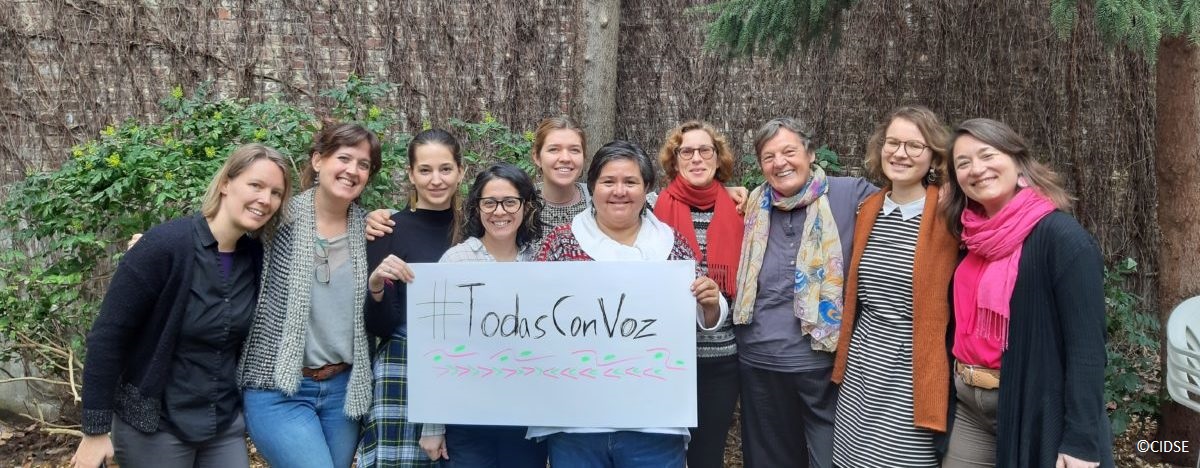
Systemic Change
What is systemic change? How can it be applied as an approach? We brought our understanding of systemic change into new spaces this year through messaging and our participation. The Amazon Synod provoked several reflections, both before and after, on the interlinked crises and a holistic approach to the challenges in the Amazon. We deepened our engagement both online and in sectoral fora to bring our expertise in and understanding of systemic change to a broader public.
Events
This year, the Pan-Amazonian Synod was our greatest opportunity to contribute to systemic change in the world.
Resources
We have redesigned our website to reflect our systemic change approach and the intersectionality of our work.
Stories
Latin American civil society and Church actors are enacting systemic change on the ground, rethinking the way they work with communities.
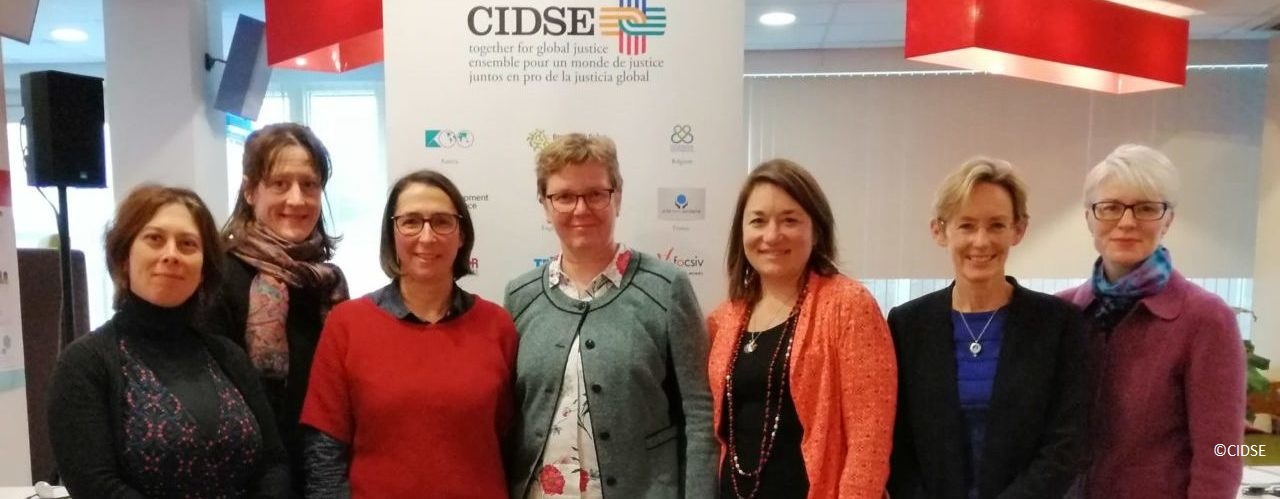
Gender Equality
We honed and released an essential tool of great potential to ignite the Church’s engagement on gender equality. The gender toolkit is a collection of exercises to provoke reflection on gender and change in our behaviours and organisations, with inspiration from Catholic Social Teaching, theology and Laudato Si’. This year we made this toolkit more widely accessible by translating it into French and Spanish and gave instruction on how to use it to hold workshops with different communities.
Events
We launched the CIDSE edition of the gender toolkit in Brussels.
Resources
The CIDSE edition of the ‘Believe in Change’ gender toolkit was developed.
Stories
Our gender blog focused on women’s representation in decision-making spaces, in the church, the EU, the UN, and at CIDSE.
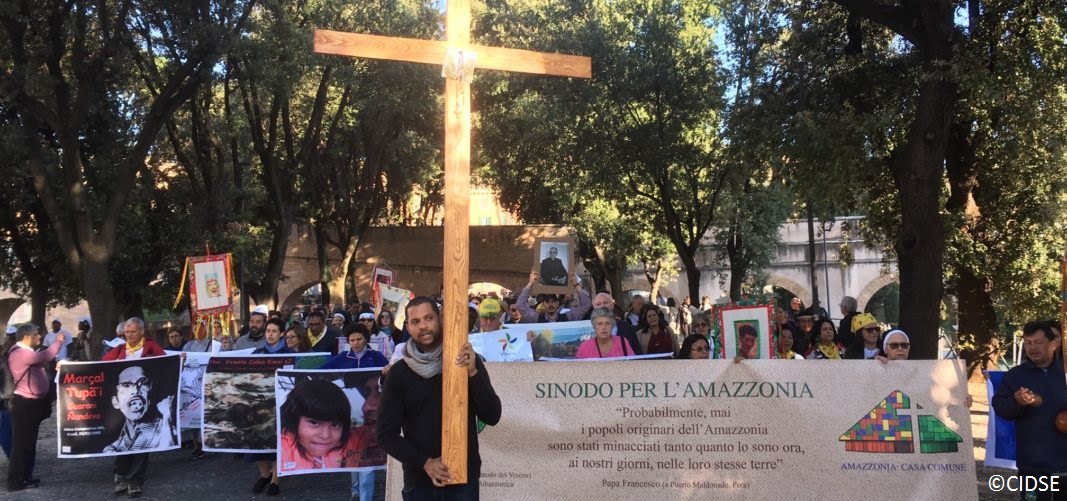
The Amazon Synod
The ground-breaking work of the encyclical Laudato Si’ has been built upon this year with an unprecedented Synod of the Bishops on the Pan-Amazonian region. The Synod was an extraordinary opportunity to further the work of the Church on social and environmental justice, and the entire CIDSE network brought highly valuable expertise to the discussions in Rome.
Events
From beginning to end, we were ready to give our all to the Synodal meetings.
Resources
Our participation in the Synod was a channel to give voice to the concerns of our partners, and put forward our experienced approach.
Stories
Giving visual life to the Amazon and the Synod was part of our mission. Our graphics, videos, and messages were widely shared.
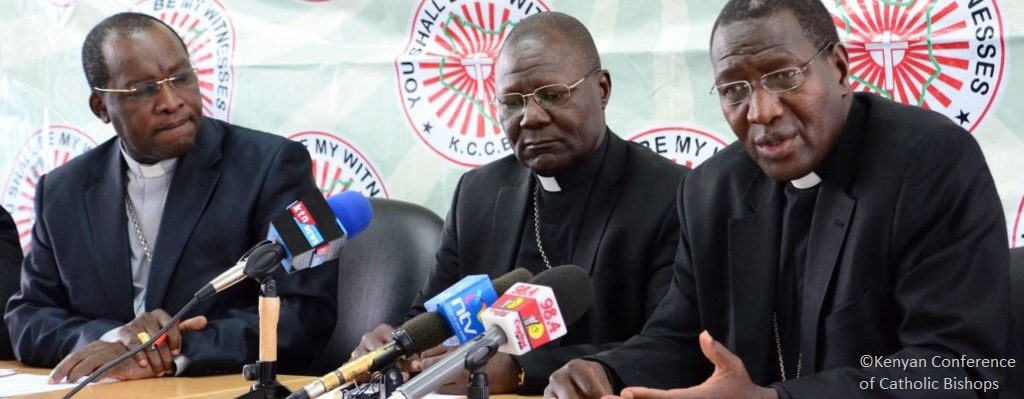
Business and Human Rights
Events
This year was full of events in Brussels and Geneva where we brought significant actors together to discuss legislation.
Resources
We made our position loud and clear with our submission, letters, and recommendations to policy makers.
Stories
We made videos for social media to present our policy demands to the public.
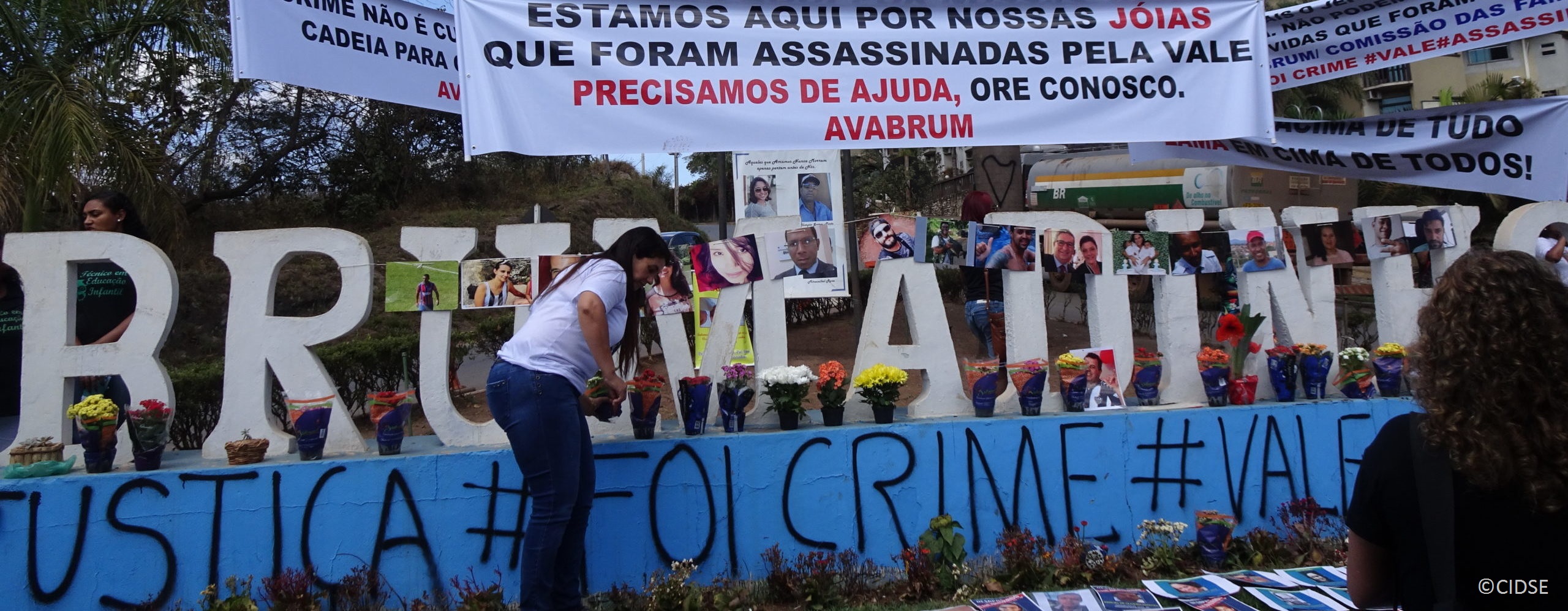
Resisting extractivism
Events
We participated in several exchanges between partners, the Church and political representatives to discuss strategies of resistance and political intervention.
Resources
We gathered the testimonies, investigations and reflections from our partners, members and allies on the crime in Brumadinho.
Stories
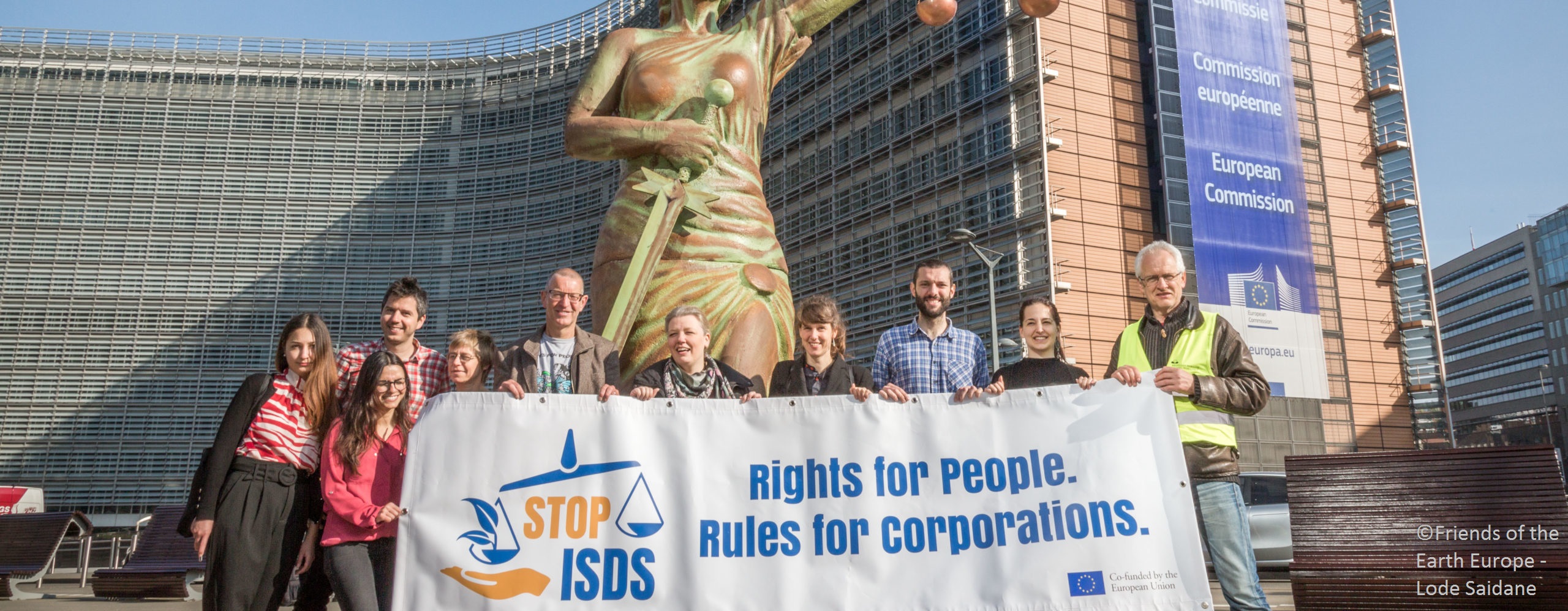
Campaign against Investor-State Dispute Settlement
This year a civil society coalition including CIDSE ran an exciting campaign to target Investor-State Dispute Settlement with actions, media and a petition signed by citizens.
Events
We and our allies participated in direct actions to draw attention to the online petition.
Resources
This one-year campaign ended with an ad in the Financial Times to publicize the 847,000 signatures on the petition.
Stories
We created animated videos about the link between ISDS and the UN binding treaty.
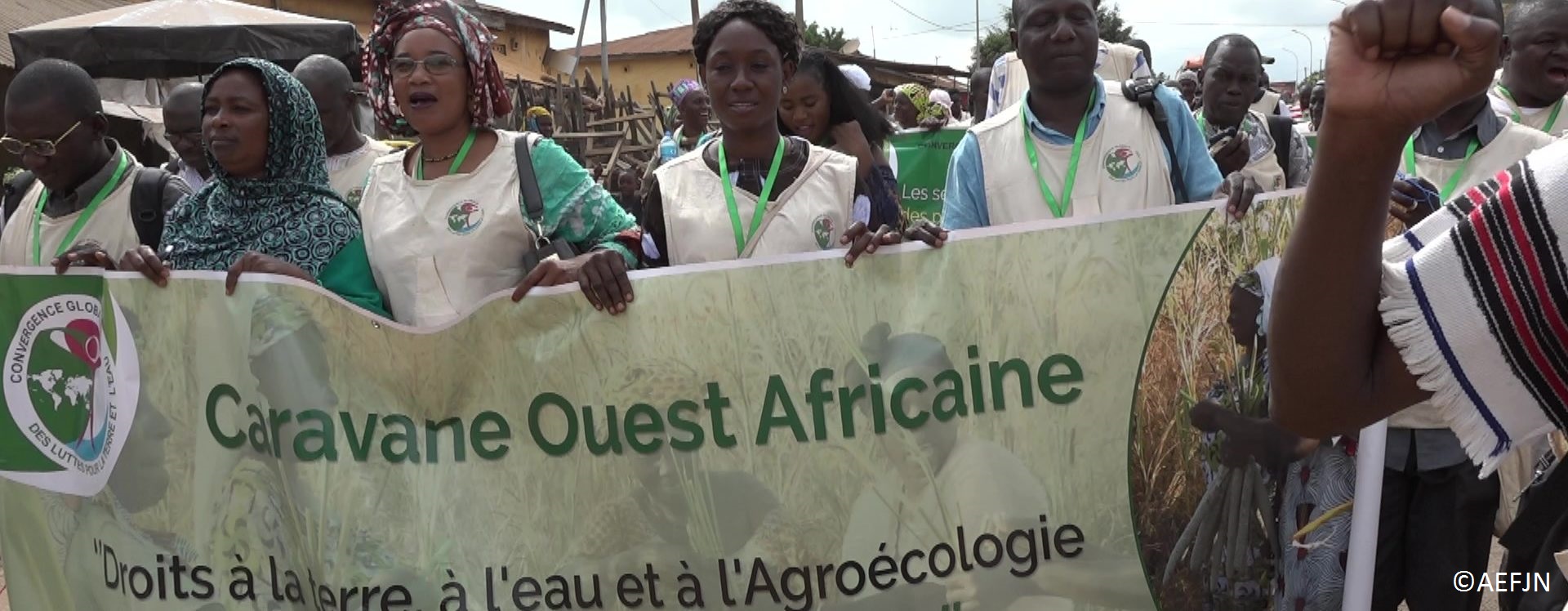
Land rights
Events
This year there were significant internal meetings for our land work.
Resources
Our partners working for land rights in Africa have begun to bring their positions into our corporate regulation work.
Stories
Through a short documentary and blogs our partners shared their contexts of land grabbing and mobilisation.
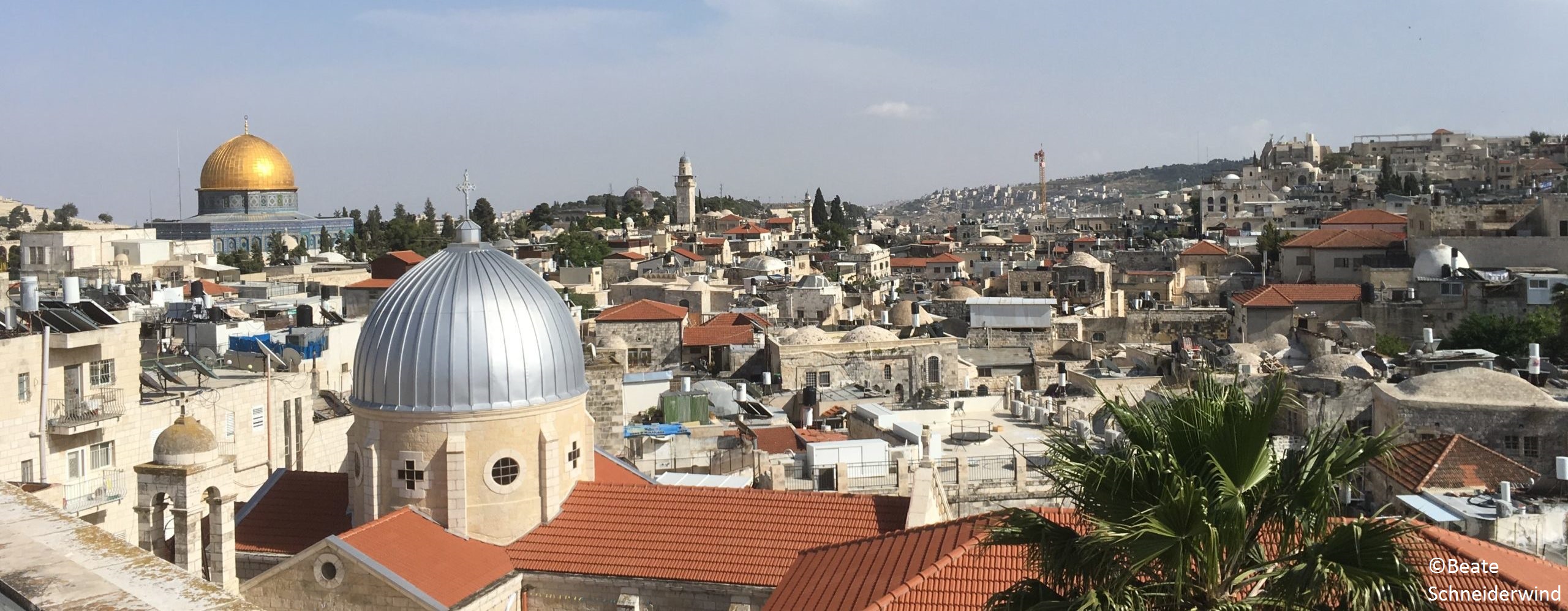
Israel and the occupied Palestinian territory
Events
In June, a CIDSE delegation travelled to the region to meet Palestinian and Israeli partners and the communities they serve.
Resources
We addressed several high-level decision makers to underline the ongoing desperation in Israel & the occupied Palestinian territory, to remind them to support the peace process.
Stories
Our member Broederlijk Delen co-organized a photo exhibition in the European Parliament.
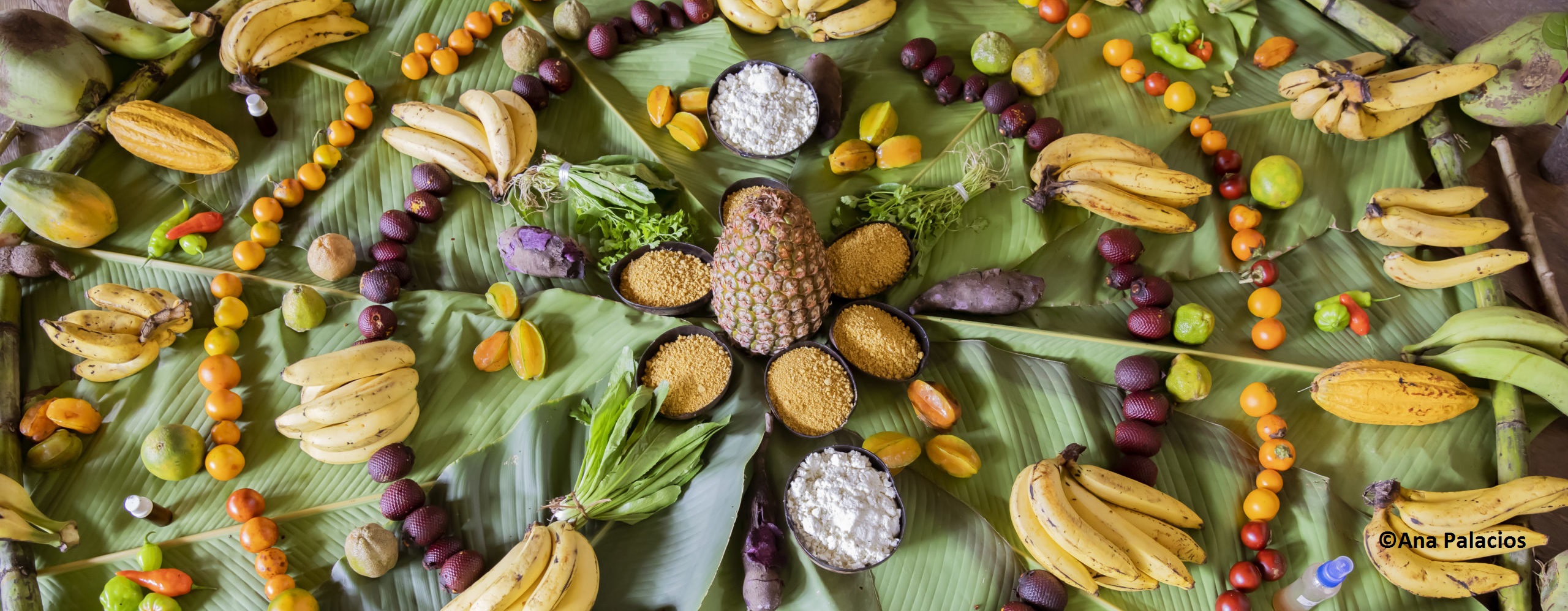
Resilient food systems
Events
We continued to engage with key policy processes and institutions, including the Committee on World Food Security (CFS), and the Bonn intersessional negotiations on climate and agriculture.
Resources
We echoed the messages and positions of our allies by contributing to and sharing their resources.
Stories
Our member Fastenopfer shared in a blog their Ecumenical campaign on women food producers.
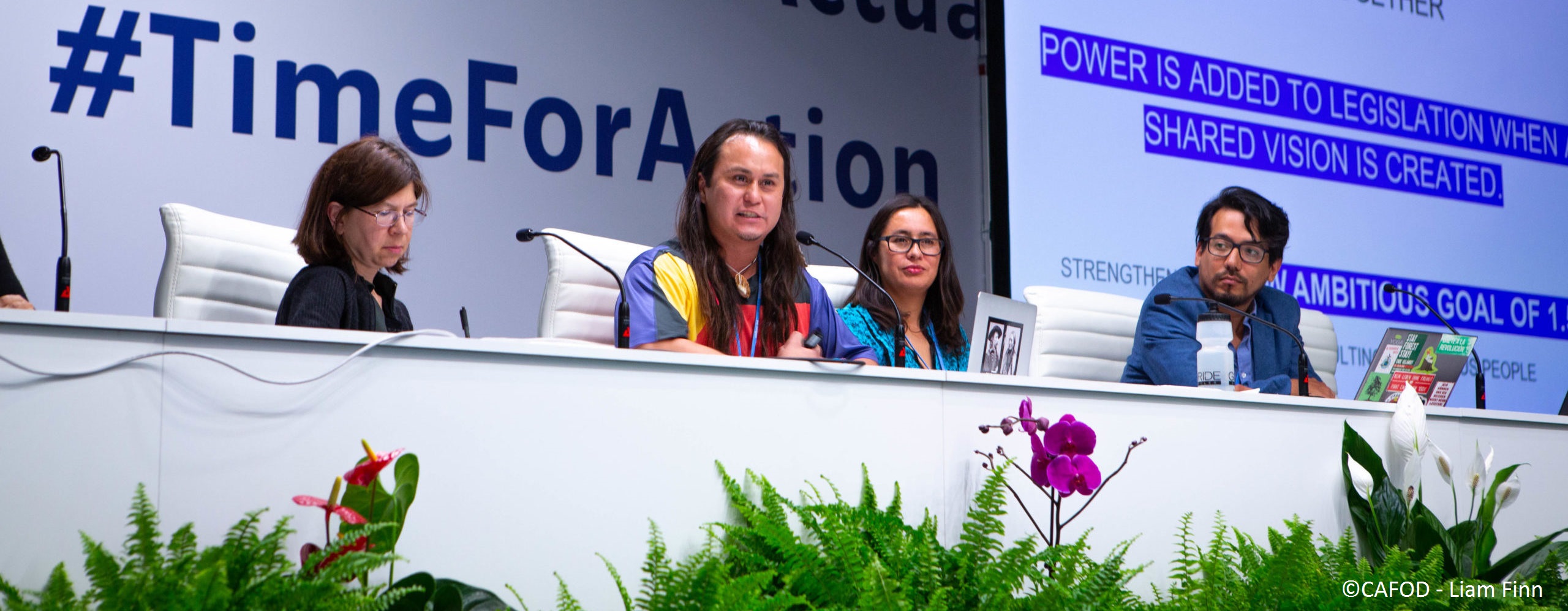
Climate and Energy
Events
We kept the perspectives of the Church and of our partners present in Madrid at COP25.
Resources
We released many statements and assessments of different climate policy processes and proposals.
Stories
As a year of exceptional grassroots mobilisation for climate, we gathered some testimonies of climate action from our network.
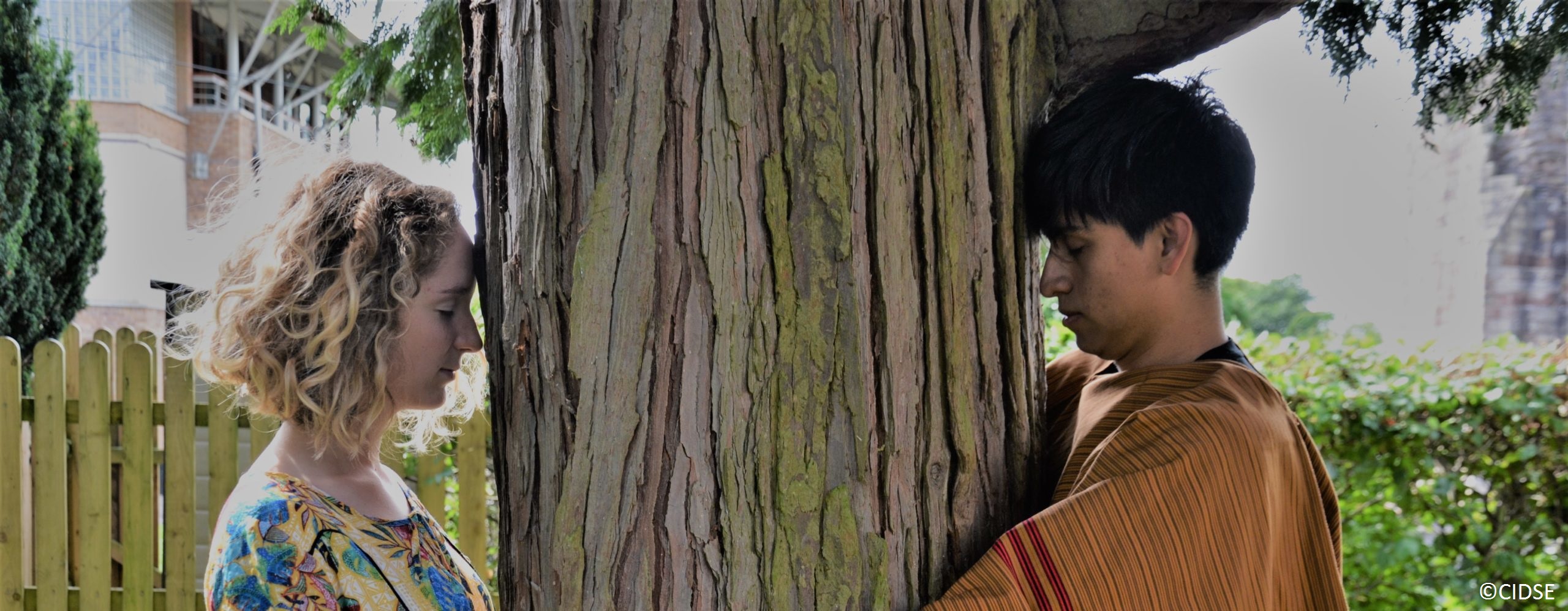
Change for the Planet - Care for the People
Events
Workshops, camps, and screenings gathered our growing community to exchange on how to live sustainably.
Resources
We created tools to empower our members and allies to popularise sustainable lifestyles.
Stories
This year, we focused on creating attractive multimedia for our volunteers, to help them celebrate their own progress and learnings.
Coming up
2020
January
Briefing on
Business and Human Rights
May
Laudato Si’ 5th anniversary
week of action
SEPTEMBER
Research paper and briefing on
finance and agroecology
OCTOBER
Farming Matters Magazine
special issue on gender and agroecology
December
Climate and energy briefing
Governance structures and finance
BOARD OF DIRECTORS
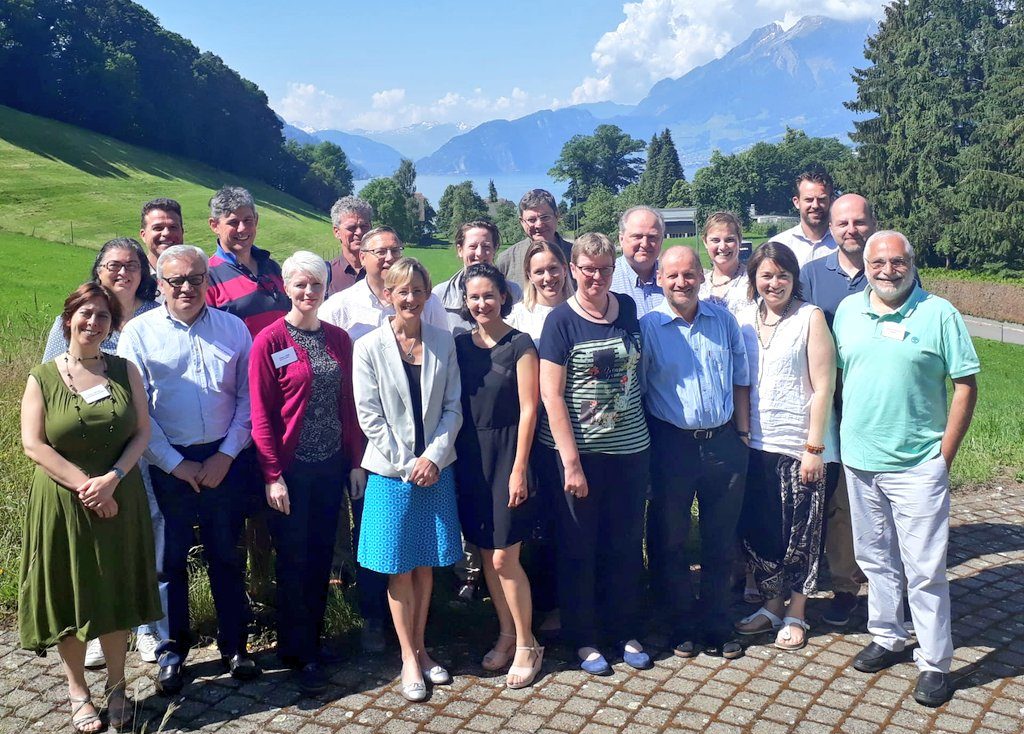
EXECUTIVE COMMITTEE
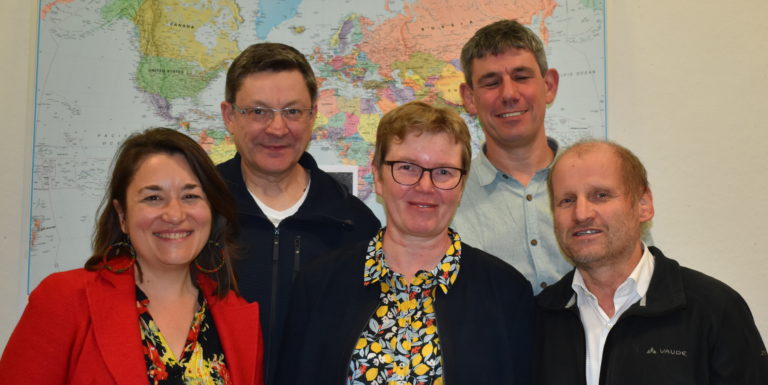
- President: Lieve Herijgers (Broederlijk Delen)
- Members: Patrick Godar (partage.lu), Msgr. Pirmin Spiegel (MISEREOR), Alistair Dutton (SCIAF), Caoimhe de Barra (Trócaire)
- Ecclesiastical Assistant: Mgr. A. Tesfaselassie Medhin (Eparchy of Adigrat/Ethiopia)
- Treasurer: Femke Dekkers (Cordaid)
- Secretary General: Josianne Gauthier
The Ecclesiastical Assistant, the Treasurer Secretary and the General are non-voting members.
Working groups
Finance
The CIDSE network is funded by membership fees and additional resources from its members for special projects. In 2019, CIDSE also received external funding from:
- The European Commission, Directorate General for International Cooperation and Development (DG DEVCO), as part of a Framework Partnership Agreement (2019-2023).
- The KR Foundation, as part of a two-year grant in favour of the ‘Change for the Planet – Care for the People’ initiative (2018-2019).
CIDSE Income 2019
- Membership fees: € 1,140,000.00
- Misereor’s grant for the project “Enhancing capacities for coordinated advocacy for sustainable development”: € 28,502.49
- European Commission Framework Partnership Agreement: € 453,337.46
- KR Foundation: € 123,515.95
TOTAL INCOME: € 1,745,355.90
CIDSE is grateful to all its network members as well as to the European Commission and the KR Foundation who have made it possible to carry the work presented in this report.
CIDSE Expenditure 2019
Total:
€ 1,536,691.82
Advocacy*:
€ 1,084,088.96
Communication and networking events:
€ 299,280.81
Administration and Secretariat:
€ 153,322.05

Systemic change, Communities regaining control over the commons, Facing climate change: Just and sustainable models for food and energy, sustainable lifestyles.
The CIDSE Secretariat also coordinates the following project:
Israel-occupied Palestinian territory: € 73,270.36
About CIDSE

WHO WE ARE
We work for a society based on social, economic and gender equality and solidarity, where the economy is at the service of society and functions within planetary boundaries. We aim at a fairer share of and limits in the use of global resources, and democratized governance where people regain control over their choices in economies based on the commons.
We work for reforms with transformative potential: to move away from fossil fuels and extractivism, to limit global temperature rise below 1.5 degrees, to promote the right to food and agroecology, to regulate business to enforce human rights,to secure sustainable finance and fair wealth distribution, to support local communities to speak for themselves, to confront gender inequalities, and to enable sustainable ways of living.
To make this happen we contribute to global movements and alliances of change, promote peoples’ solutions and alternatives and advocate at the international level.
Our Members
CIDSE brings together 18 member organisations from Europe and North America.
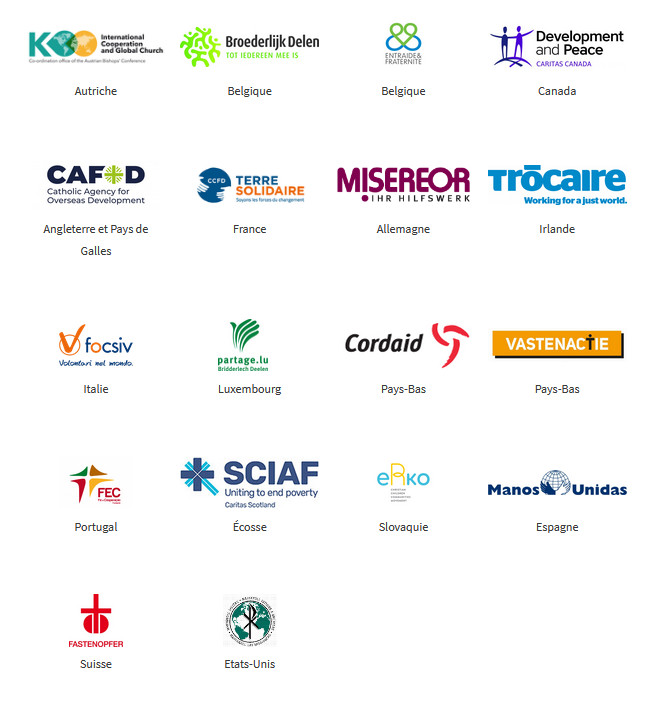
Collaborators
CIDSE works closely with diverse local and international alliances and organisations.
It is a member of Concord, the European NGO confederation for Relief and Development, Climate Action Network-Europe and the Global Catholic Climate Movement (GCCM).
During 2019, the Secretariat also strengthened its collaboration with other networks and alliances such as: REPAM – the Pan-Amazon Ecclesial network – in the run up to the Synod on the Amazon and at the event itself; COMECE (Commission of Bishops’ Conferences of the European Community) and JESC (Jesuit European Social Centre) for which we hosted two interns through their European Leadership Programme.
CIDSE is a co-founding member of the European Laudato Si’ Alliance (ELSiA), a group of Catholic organisations joining forces in Europe to promote climate and social justice, highly inspired by the Encyclical Letter Laudato Si’ of Pope Francis. Besides CIDSE, this alliance brings together COMECE; JESC; GCCM; Justice and Peace Europe and CCEE – Council of Bishops’ Conferences of Europe (observer member) .
We are also a leading member of the Treaty Alliance movement and Treaty Alliance Europe.
SECRETARIAT STAFF (June 2020)
The CIDSE Secretariat facilitates and coordinates the common efforts of its members, represents CIDSE at the EU and international levels and undertakes advocacy activities and other initiatives in collaboration with its members to contribute towards systemic change and global justice. The Secretariat is organised into teams that coordinate various working groups in order to achieve its objectives:
- Societal and ecological transformation
- Communities regaining control over the commons
- Facing climate change: just and sustainable food and energy models
- Change starts with us
CIDSE Management Team
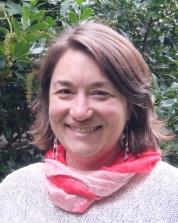
Josianne Gauthier
Secretary General
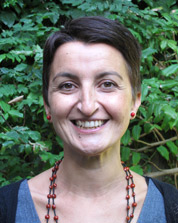
Chiara Martinelli
Senior Advisor
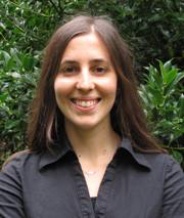
Valentina Pavarotti
Communications Manager
CIDSE Staff
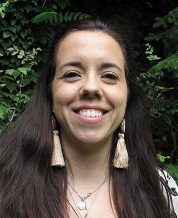
Inês Barral
Finance and Administrative Assistant

Elise Bouget
Intern
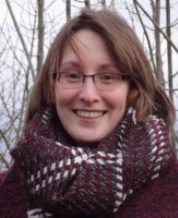
Nicky Broeckhoven
Intern
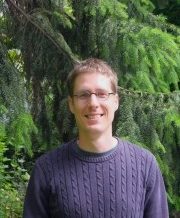
François Delvaux
Climate & Agriculture and Food Sovereignty Officer
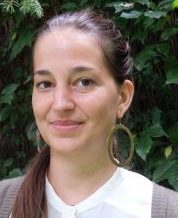
Jassin Fetahovic
Gender Equality & Systemic Change Officer
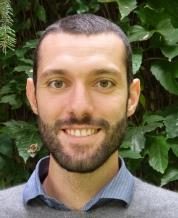
Giorgio Gotra
Campaign’s Project Assistant
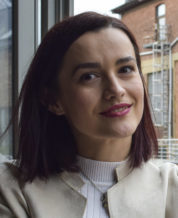
Slađana Lovric
Intern
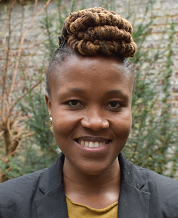
Lydia Lehlogonolo Machaka
Climate Justice and Energy Officer
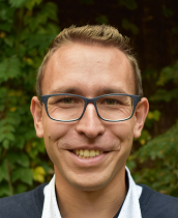
Sandor Neubauer
Assistant - Systemic Change

Sylvia Obregon Quiroz
Corporate Regulation and Extractives Officer

Marie-Paule Ogereau
Communications and Administrative Assistant
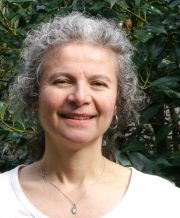
Yvette Pierret
Office Administration and Logistics Assistant
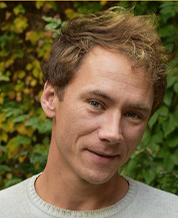
Stefan Reinhold
Corporate Regulation and Extractives Team Member
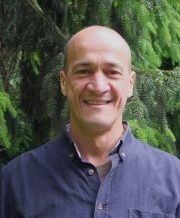
Saïd Ben Seddik
Technician and Programmer, Office Maintenance
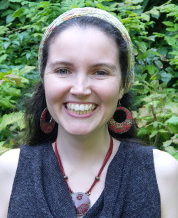
Hannah Twomey
External Funding Officer
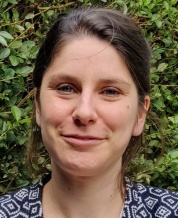
Dorien Vanden Boer
Policy Officer Israel-Occupied Palestinian Territory
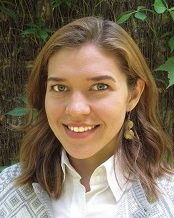
Anya Frances Verkamp
Digital Communications Officer
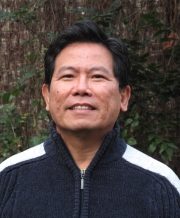
Manny Yap
Land Rights Officer
During 2019, Marta Isabel González Álvarez (Manos Unidas/Spain), Martin Krenn (KOO/Austria) and Martin De Jong (Caritas New Zealand) were seconded from their respective organisations to support the CIDSE team in Brussels for a period of time. CIDSE thanks them for their valuable contributions to our work. The same is true for Giulia Bondi, Jean Saldanha, Magdalena Smenda and Frederick Swinnen who left for new professional challenges.
External support
Wim Hendrix, Finance Consultant
Bea Lambrecht, Human Resources Consultant
